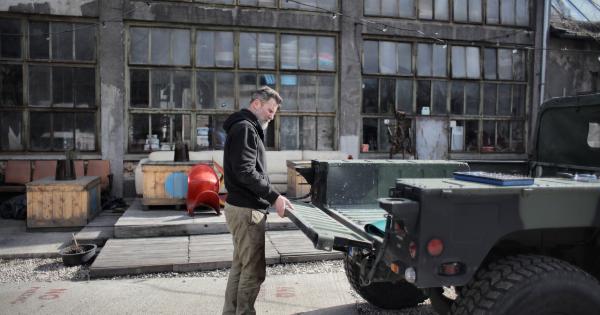Cancer is a formidable opponent, and modern medicine has a significant challenge in defeating it.
Conventional treatments such as chemotherapy, radiation, and surgery can leave patients with painful side effects, resistance, and the potential for recurrence. However, the emergence of mini-dose treatments offers hope as a less invasive yet powerful alternative.
What are Mini-Doses?
Mini-doses are a relatively new approach in cancer treatment that involves using minute amounts of proven cancer-fighting substances. For decades, it has been apparent that cancerous cells have a unique metabolism that allows for growth and survival.
Cancer cells thrive because they have an overabundance of a specific enzyme or receptors that healthy cells don’t have, and these receptors or enzymes often signal growth or survival factors that sustain them.
Traditional treatments, like chemotherapy, aim to kill cancerous cells or reduce the size of the tumor. However, these methods also harm some healthy cells in the process, which can result in significant side effects.
Mini-doses, instead, target the unique aspects of the cancer cells by triggering select cellular receptors, thereby initiating the therapeutic response in the body.
The Science Behind Mini-Doses
In the 1980s, a Swiss biologist Dr. Hans Selye introduced the idea of “hormesis,” which notes that biological systems can have a positive response to a harmful stimulus at low doses.
Selye discovered that low doses of toxin could be beneficial to the body’s cells over time, acting as a mild stimulus that activates the body’s cellular defenses and immune function.
Further research led other scientists, like Professor Ralph Moss of the University of Illinois, to identify specific molecules or substances that could simulate acute stress on cells, thereby enabling beneficial responses.
This field has come to be known as “plastic neo-adjuvant therapeutics.”.
Types of Mini-Doses
There are several types of mini-doses in use, including:.
Low-Dose Naltrexone (LDN)
Naltrexone is a medication that blocks the effects of opioids. However, when taken in low doses, it triggers an immune function response that can help reduce inflammation, cell growth, and cancerous cell division.
Homeopathic Medicine
Homeopathy involves prescribing highly diluted remedies that initiate the body’s natural healing process.
It is based on the principle that if a substance causes symptoms at high doses in healthy people, infinitesimal amounts of the same substance can help cure similar symptoms in sick people.
Metronomic Chemotherapy
Metronomic chemotherapy involves administering low-dose chemotherapy drugs several times a week, rather than the standard approach of high doses given every few weeks.
This method aims to deprive cancer cells of the growth factors that help tumors grow, preventing the formation of new blood vessels and slowing cancer progression.
Benefits of Mini-Doses
The benefits of mini-doses for cancer treatment are numerous and include:.
Reduced Side Effects
Mini-doses may cause fewer side effects than traditional treatments since they are less toxic to healthy cells. Many patients also report fewer unwanted effects, such as hair loss, nausea, and fatigue.
Lower Likelihood of Developing Resistance
Chemotherapy and radiation treatments can often leave spots of cancer behind that are resistant to that specific drug. Mini-doses have lower chances of developing resistance and provide new methods of attacking these spots.
More Customizable Treatment Plans
Mini-doses allow for more flexible treatment plans since they can be adapted to fit the patient’s individual medical needs and their unique response to the therapy.
Limitations of Mini-Doses
While mini-doses offer a new direction in cancer treatment, they are not without limitations. Some of the drawbacks to consider include:.
Potentially Slow Treatment
For some types of cancer, mini-doses may be slower than traditional treatments. While discernible shrinkage of tumors may not occur quickly, the cells may experience changes that allow for more effective outcomes.
Less Support From Mainstream Medicine
Traditional medicine may, at times, not support mini-doses due to a lack of extensive research. Some medical professionals could dismiss their use for cancer treatment as proper research may still be ongoing.
Final Thoughts
Mini-doses show promise in treating cancer and could potentially offer more treatment options to patients in the future.
Although mini-doses are not without controversies, more research, and an increased understanding of how they operate is necessary to bring us closer to optimal cancer treatment. If mini-doses prove successful, it could mean a better quality of life and increased survival rates for those with various types of cancer.























